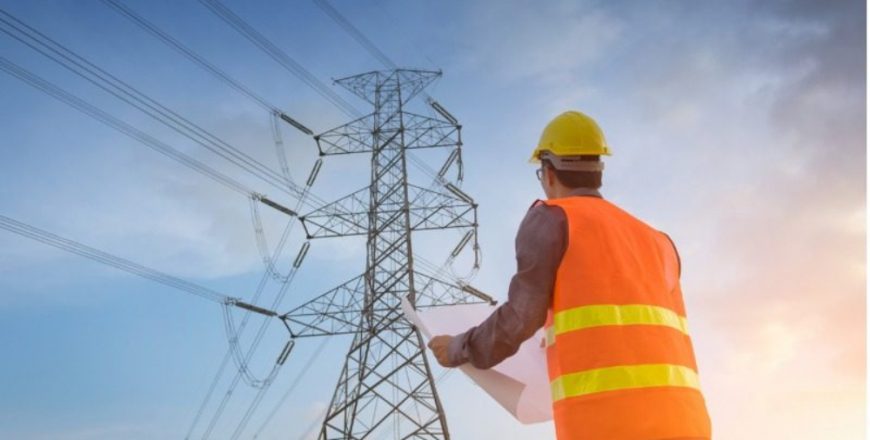
On an electrical power networks engineer apprenticeship course, you’ll help maintain and repair assets on the electricity network.
The electrical power networks engineer apprenticeship covers six engineer jobs, including asset management, control, electrical project management, planning, and operational delivery.
In one of these roles, you will deliver engineering solutions to complex energy network problems to effectively manage power supply in both normal and exceptional conditions.
Using corporate or client network techniques, you will plan, manage, control, construct, replace, maintain, and repair assets on the electrical network.
You will work on engineering teams with other engineers and business professionals from procurement, finance, and telecommunications.
You will be held responsible for the quality of your work and the work of others. You will ensure that all projects are completed safely, meet stakeholder quality, time, productivity, and budget expectations, and preserve the network’s integrity and efficiency.
What you’ll learn
On an electrical power networks engineer apprenticeship course, you’ll learn to:
- Adhere to the company’s and industry’s health, safety, and environmental standards, regulations, operating procedures, and working practices.
- Ensure that all safety issues are included and evident in all working processes.
- Produce timely communications in which stakeholders are informed of their role actions verbally and in writing.
- Read, understand, and interpret technical information related to their employment as specified by company objectives and policies and work in line with technical requirements.
- Produce concise and accurate action reports for line managers, other business divisions, and external stakeholders.
- Make use of company information technology systems to provide accurate and reliable data to support business decisions.
- Provide information to assist company planning procedures in relation to their work duties.
Entry requirements
You’ll usually need:
- Two A-levels in maths and science, a GCSE in English, or an equivalent level 3 engineering qualification or relevant experience for a higher apprenticeship.
- Apprentices without level 2 English and maths will need to achieve this before taking the end-point assessment.
Assessment methods
The End Point Assessment comprises three distinct assessment methods:
- Knowledge test
- Observation of practical work activities
- Technical interview
Duration, level, subjects and potential salary upon completion
- Duration: 30 months
-
Level: 4 – Higher Apprenticeship
- Relevant school subjects: Science and maths
- Potential salary upon completion: £30,000 per annum
Apprenticeship standard
More information about the Level 4 Electrical Power Networks Engineer Apprenticeship standard can be found here.
Apprenticeship end point assessment
For more information about the End Point Assessment Process, please read the Institute of Apprenticeships’ information page.
